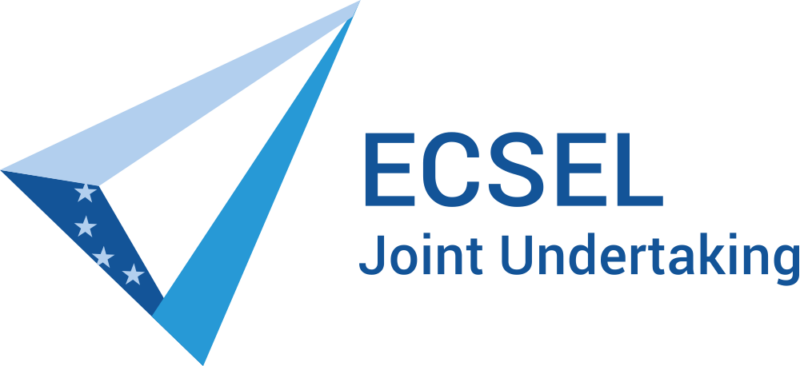Simulation of Foreign Object Detection Using Passive Inductive Sensors in a Wireless Charging System for Electric Vehicles
Uwe Hentschel, Martin Helwig, Anja Winkler, Niels Modler
Abstract: During wireless charging of the traction battery of electrically powered vehicles, the active area between the ground and vehicle assemblies must be monitored for inductive power transfer. If metallic foreign objects enter this area, they interact with the magnetic field and can heat up strongly, and thus become a potential source of hazard. To detect such foreign objects, measurements based on passive inductive sensors have already been carried out in advance. However, a large number of factors influence the detectability of metallic foreign objects, such as the characteristics of the magnetic field of the ground assembly coil, the size, shape, position, orientation, and material composition of the foreign objects, or the design of the sensor coils. The related practical testing effort can be reduced if the characteristics of the charging system and the foreign object detection system can be simulated. Therefore, simulation models were developed within the scope of this work and validated with the help of practical measurements. These models were used in the next step to analyze new test arrangements that had not yet been investigated by measurement. In the simulations described here, precision in the range of 1 mV could be achieved. Cumulatively, many influencing factors can be easily investigated, and results can be generated in a largely automated manner and typically in a wider variety than with practical measurements.




